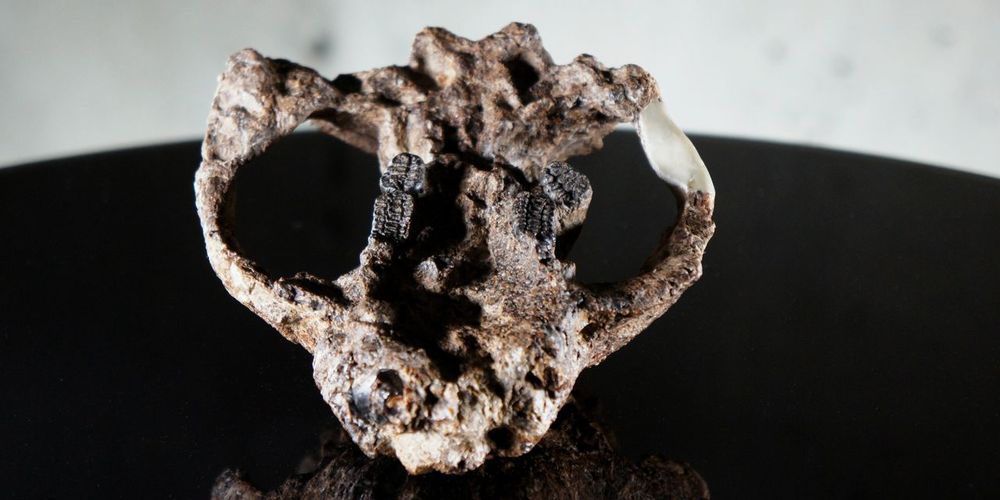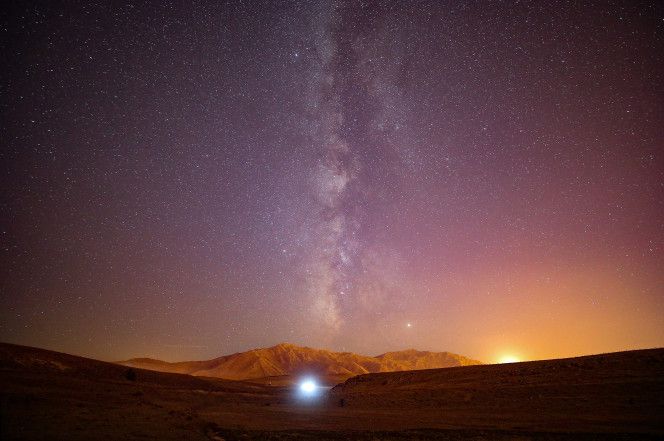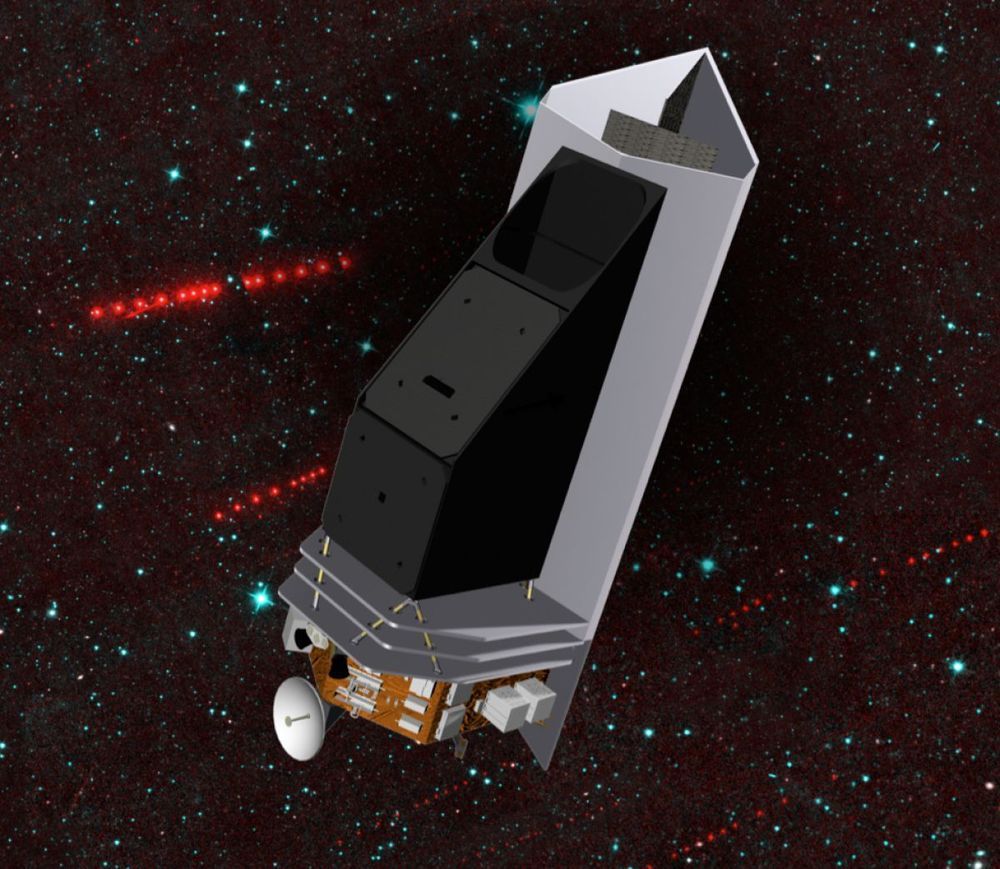By contemplating the full spectrum of scenarios of the coming technological singularity many can place their bets in favor of the Cybernetic Singularity which is a sure path to digital immortality and godhood as opposed to the AI Singularity when Homo sapiens is retired as a senescent parent. This meta-system transition from the networked Global Brain to the Gaian Mind is all about evolution of our own individual minds, it’s all about our own Self-Transcendence. https://www.ecstadelic.net/top-stories/the-ouroboros-code-br…etaphysics #OuroborosCode
All AI & Cybernetics Cognitive Science Complexity Consciousness Cosmology Digital Philosophy Digital Physics Economics Emergence Environment Epigenetics Ethics Evolution Evolutionary Biology Experiential Realism Experimental Science Fermi Paradox Free Will Vs. Determinism Futurism Gaia 2.0 Global Brain Immortality Machine Learning Mathematics Memetics Mind Uploading Nanotechnology Neo Transcendentalism Neural Networks Neurophilosophy Neuroscience Phenomenology Philosophy Of Mind Physics Of Time Psychedelics Psychology Quantum Computing Quantum Gravity Quantum Physics Sci Fi Simulation Hypothesis Sociology Spirituality Technological Singularity Theology Transhumanism Virtual Reality







